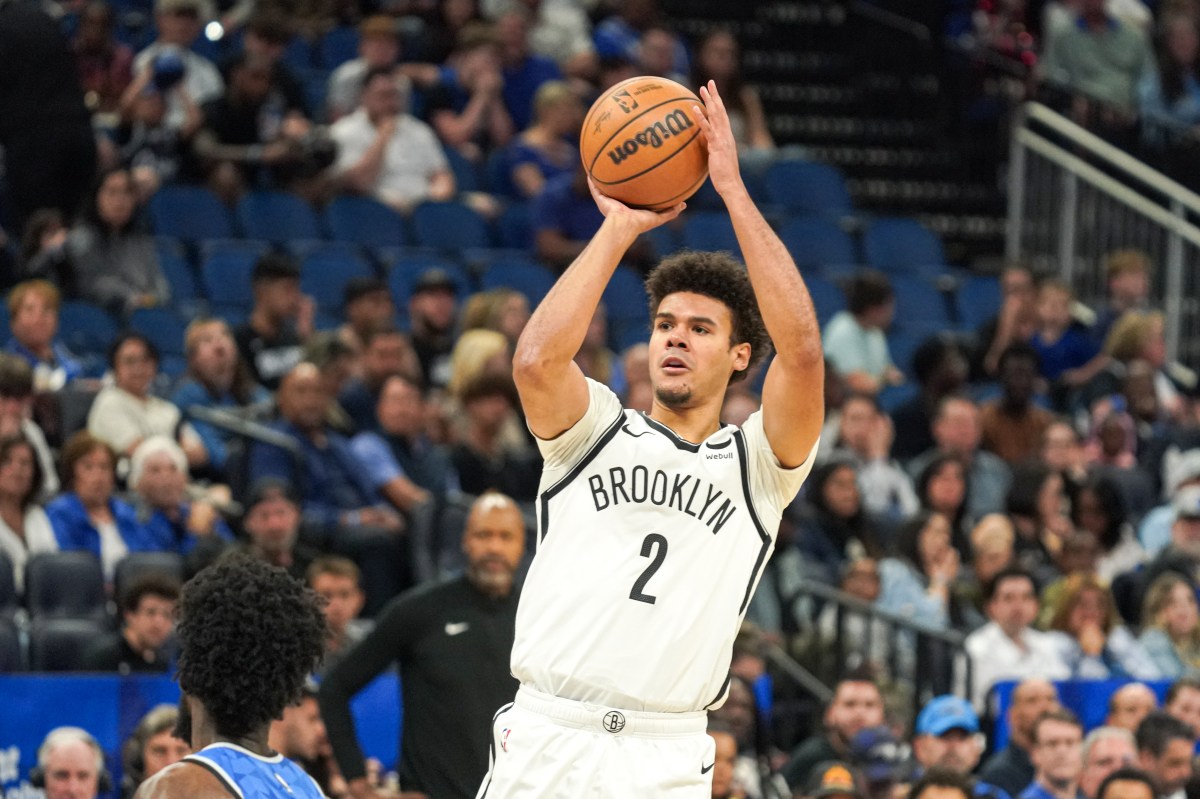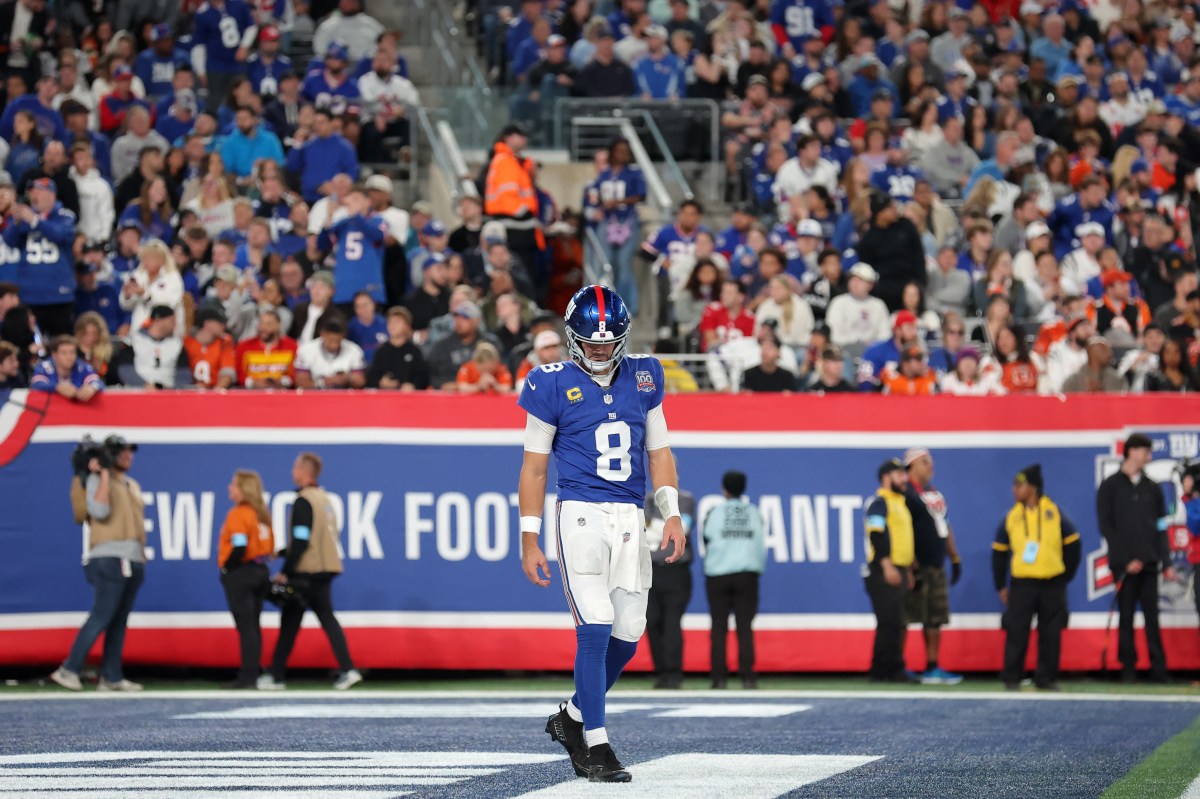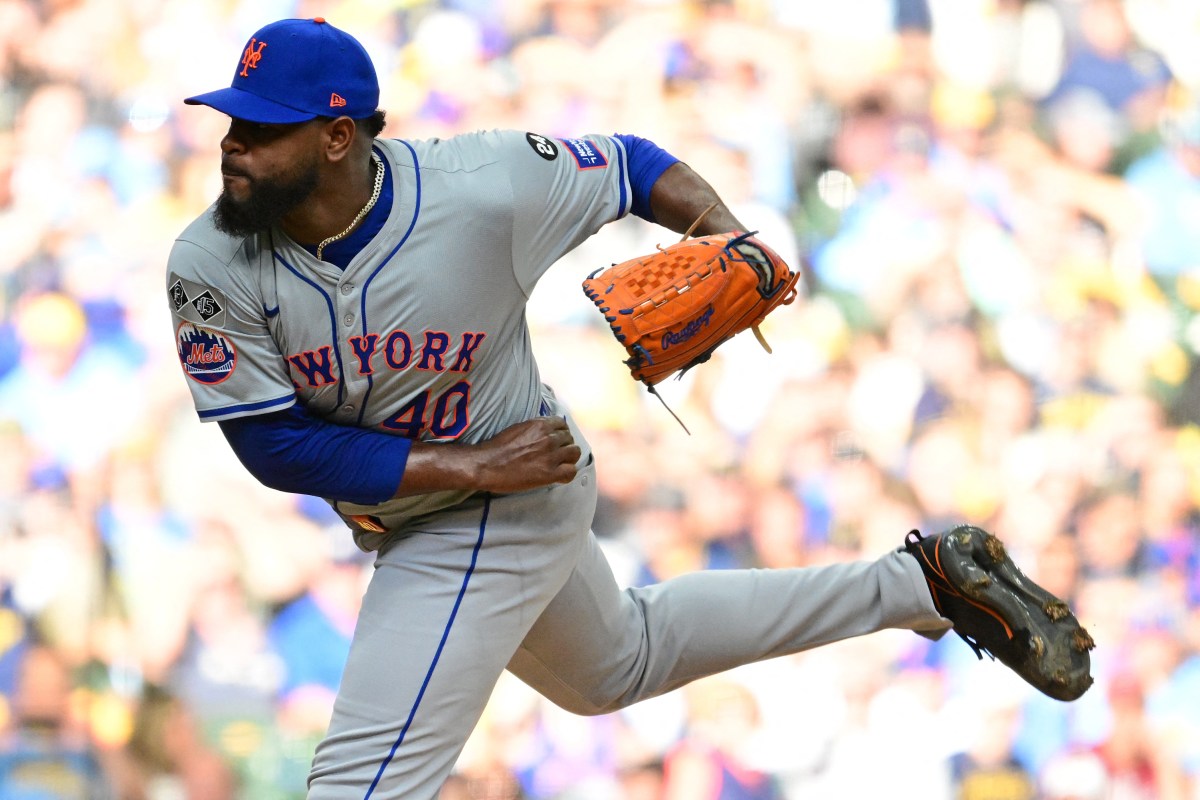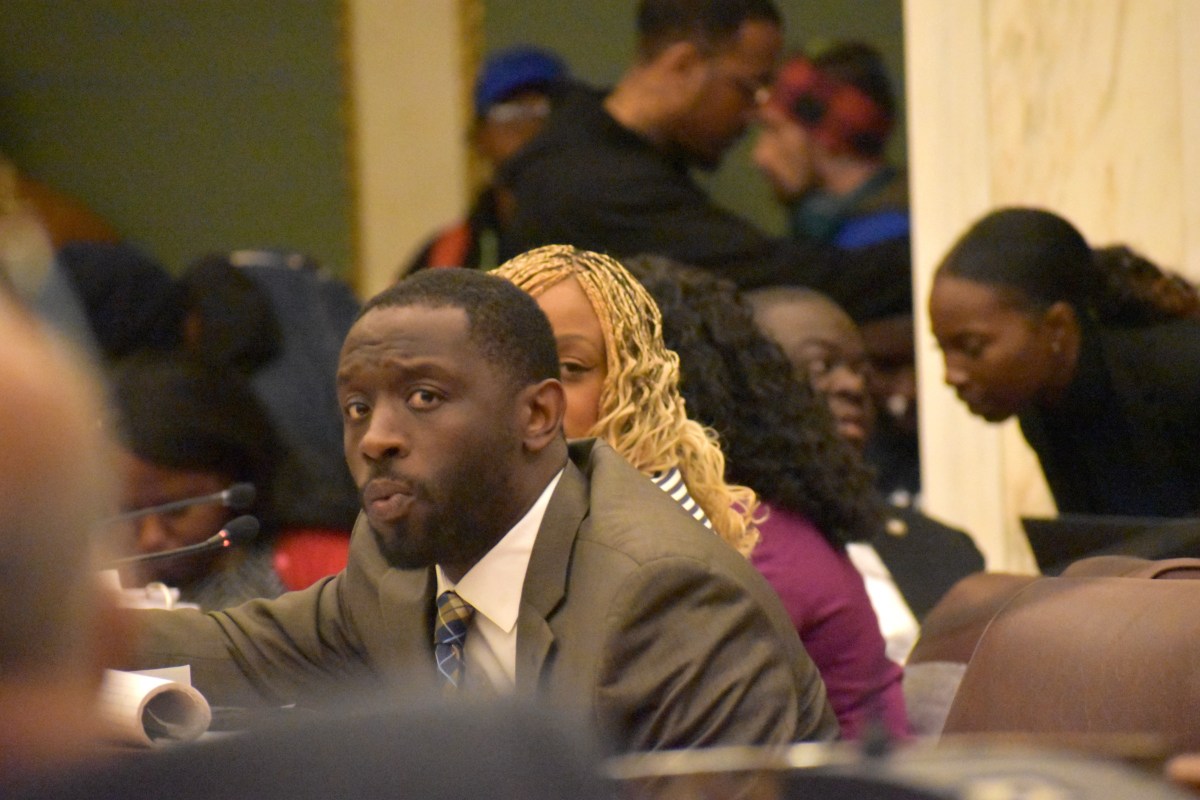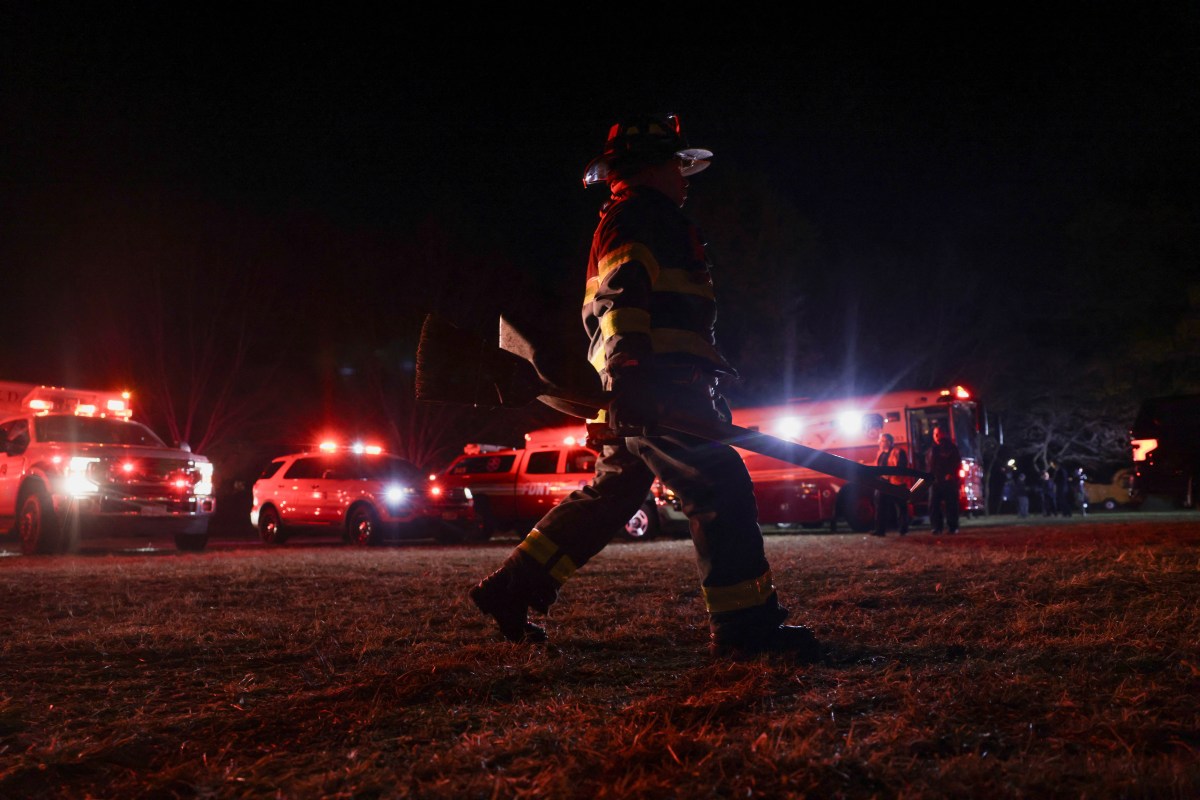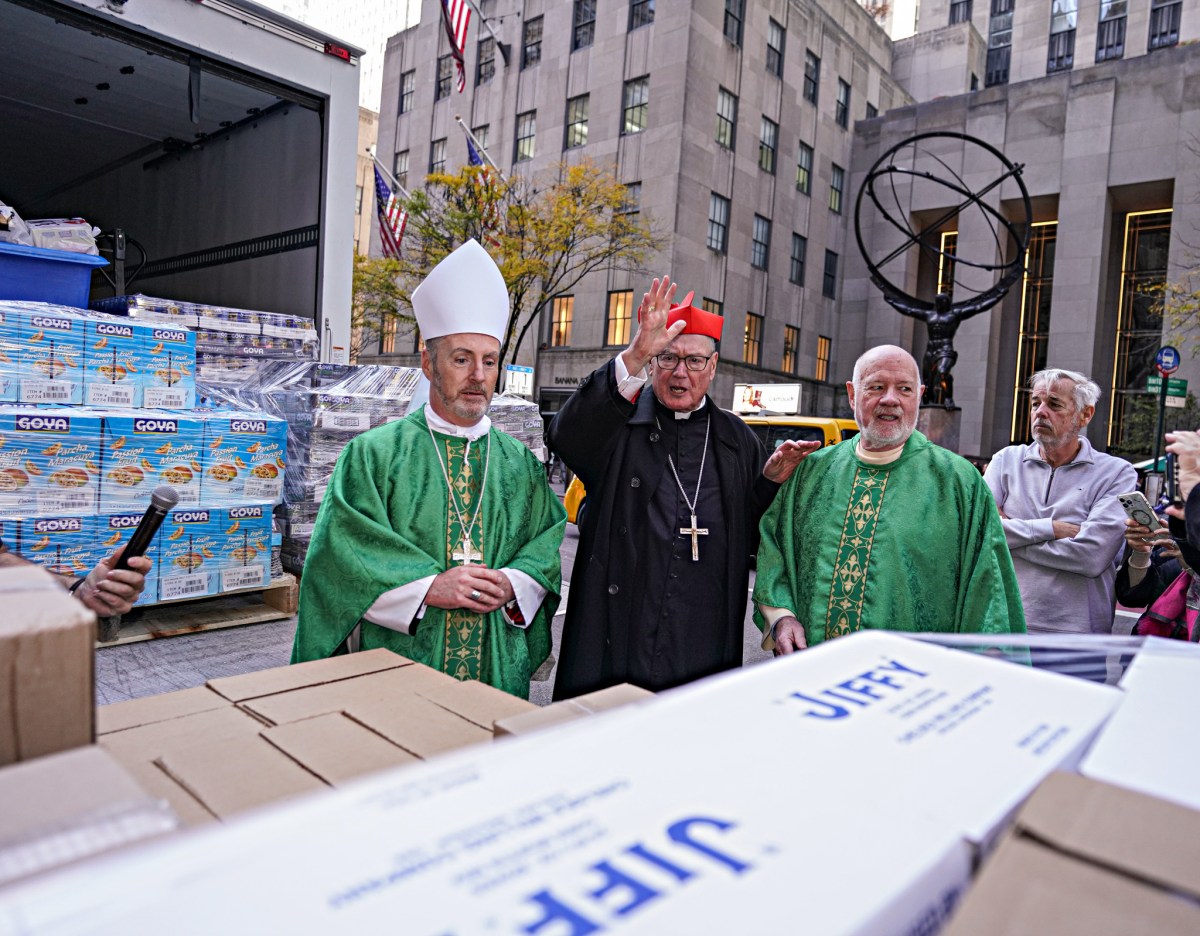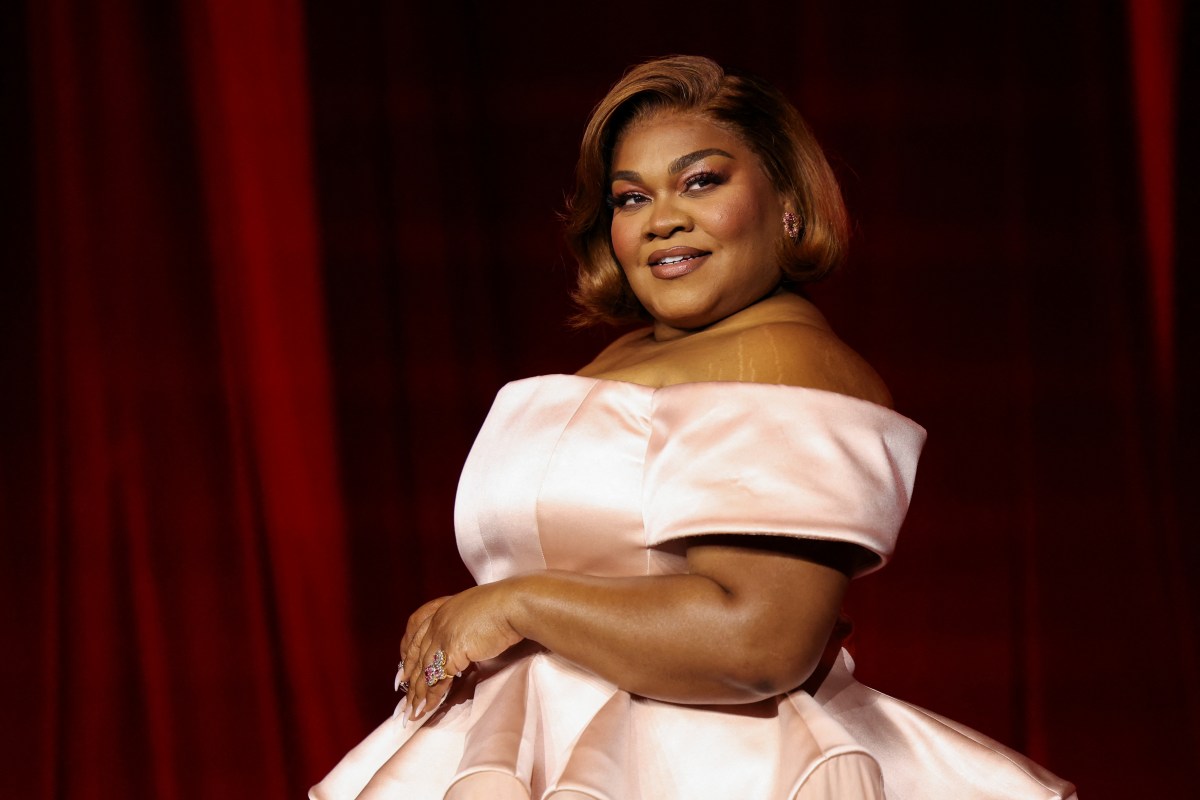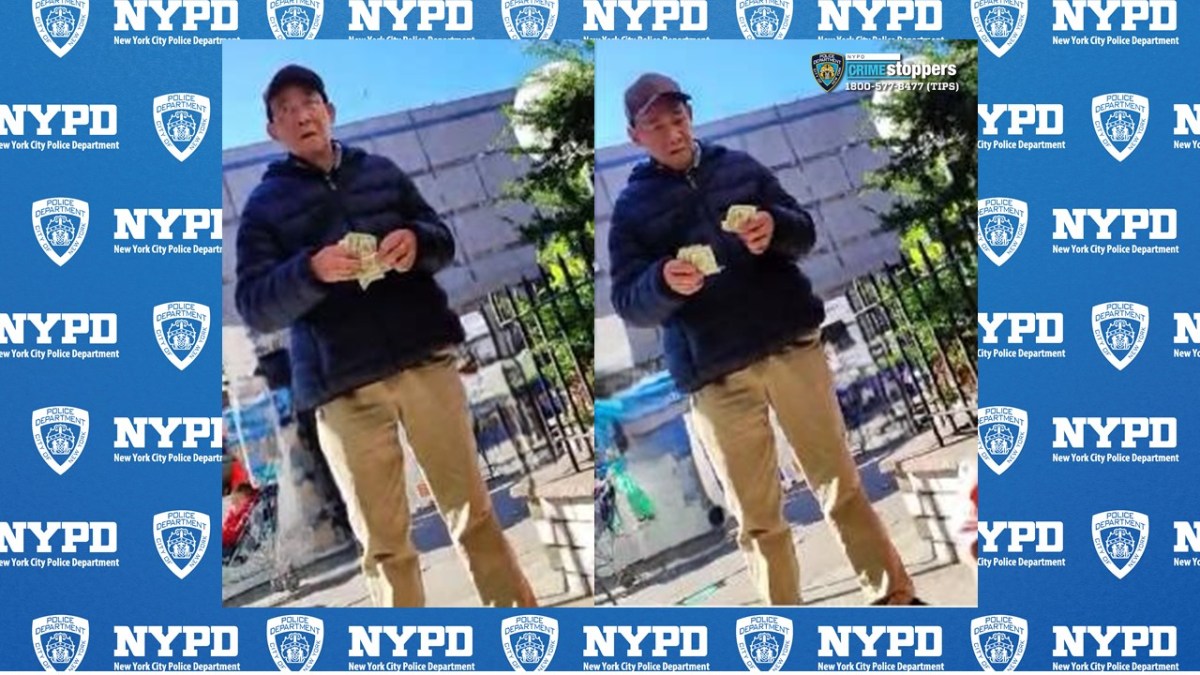Antoine Fuqua learned about Westerns through his grandmother. She used to watch all the biggies: “Shane,” “Duel in the Sun,” John Ford’s legendary oaters, like “Stagecoach” and “The Searchers.” The genre was long dead by the time Fuqua became a director. That’s why it’s taken him 11 films — including “Training Day,” “Olympus Has Fallen” and “The Equalizer” — for him to make his own. When he did, he got to redo one of the classics: His version of “The Magnificent Seven” stars Denzel Washington as the leader of a diverse pack of rogues who agree to save a town from a devilish land-grabber (Peter Sarsgaard). It’s also the nicest film he’s ever made, sort of: It’s the first PG-13 for a director who likes his movies a gritty R. Not that there isn’t tons of gunplay and (mostly bloodless) deaths. Fuqua talks to us about how making the movie made him feel like a kid again, not wanting to make this one an R and, of course, horse poop.
Tell me about growing up with Westerns. Back in the old days, Hollywood actors were used to getting in cowboy gear. Now it’s very rare. How did your cast take to it? RELATED: Interview: Kelsey Grammer talks “Storks,” wrestling and wanting to fight The Rock It can’t be easy directing horses. Even as a director you must have had fun recreating all those old Western tropes. There’s a long line of black cowboys in Westerns, all the way back to Woody Strode in 1960’s “Sergeant Rutledge,” or Jim Brown, Fred Thompson, Cleavon Little.. He’s not the only one: You have a Chinese hero, a Mexican hero, a Native American hero. It was more diverse than how we think, because of the picture Hollywood was painting at the time, which was based on prejudice. When you saw somebody of color or who was Asian, they were working the railroads or as servants. But you have people like Bass Reeves, who was a U.S. Marshal, a black man. That’s never been represented as well. But I didn’t set out to make a statement. I just wanted the coolest guys in the movie, who represented the world we live in. This is your first PG-13. Was that strangely difficult for you? I was wondering about the voice that Vincent D’Onofrio, the burliest and oddest of the Seven, does, which is almost this sing-songy falsetto. Did he tell you he was doing that? Well, you are also an audience member, in a way. Follow Matt Prigge on Twitter @mattprigge
I was just a kid who loved Westerns. I still do. I even love the sound of Westerns: the boots on the wood, the wind blowing. I love all that open space and the idea of the frontier — nothing to hide behind, except who you are.
They loved it. They don’t get to do it that often, to put on that costume: the cowboy hat, the boots, the guns on your side. You could see the kid coming out in everyone. They’d sit on the porch some days as the sun was going down. They were big kids all of a sudden. They were laughing, having a good time — except for me, the director. I’m trying to figure out how to beat the sun before it goes down.
Yeah, they don’t know they’re in a movie. [Laughs] And they don’t care. They do what they want to do. Anything’s the bathroom for them. They lift their tail and they’re like, ‘Eff this.’ You’re like, ‘OK, can we get someone to clean that up?’ [Laughs] But they’re tough. We’d have explosions and shooting, and that wasn’t good for them at all. They wanted to go the other direction.
You try to make it your own, [and] at the same time, the kid has to come out. You get to make one of those moments that make you smile, like where the guy stops outside the saloon and the swinging doors creak, the sounds of his footsteps, the piano player. Those iconic images make you nostalgic for those films. And it’s fun to do them. I had to pinch myself and say, ‘I’m making a Western.’ You have to remind yourself not to take yourself so seriously, to have a good time. You’ll probably never have a chance to do it again.
A lot of people don’t even know about them. My kids don’t know about black cowboys. It’s a whole new thing to them. But Denzel is just a great actor. He surpasses color. And it’s great he is a man of color because young kids can see something different.
Yeah, and Haley, the female, getting involved in the fighting. It’s good to do that. She’s not just a damsel in distress. She can pick a weapon and do that as well. I think the West was like that anyway. You had to be tough to live in the frontier. These people came from all around the world to be here. No one from America is a Native American. [Laughs] Everybody’s from somewhere else. How can the West be seen as just one way?
It wasn’t easy. [Laughs] But I wanted to do it. I wanted younger people to be able to see a Western. I didn’t want to be selfish and include blood and gore. Then younger kids can’t go see it — or they shouldn’t see it, I’m sure they’d find a way. It would have defeated the purpose of trying to open up a genre again to an audience. People say that Westerns are hard to sell, but if this works it’s just another avenue for entertainment.
He asked me if I wanted to hear it. I told him I didn’t want to know till we shot the character’s introduction. I wanted it to be fresh for me. If I didn’t like it, I’d just tell I didn’t like it. I always give actors that room to create. I want the acting to have same feeling for me as it does for the audience.
Yeah, I’m the first one who sees it! When I heard [D’Onofrio], I just laughed. I said, ‘Absolutely we’re doing that.’
Antoine Fuqua on ‘The Magnificent Seven’ and wanting more Westerns
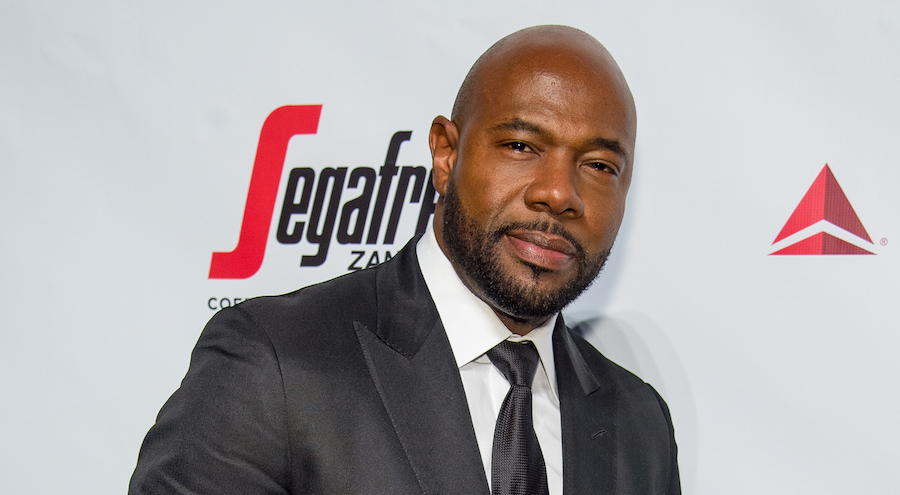
Getty Images








